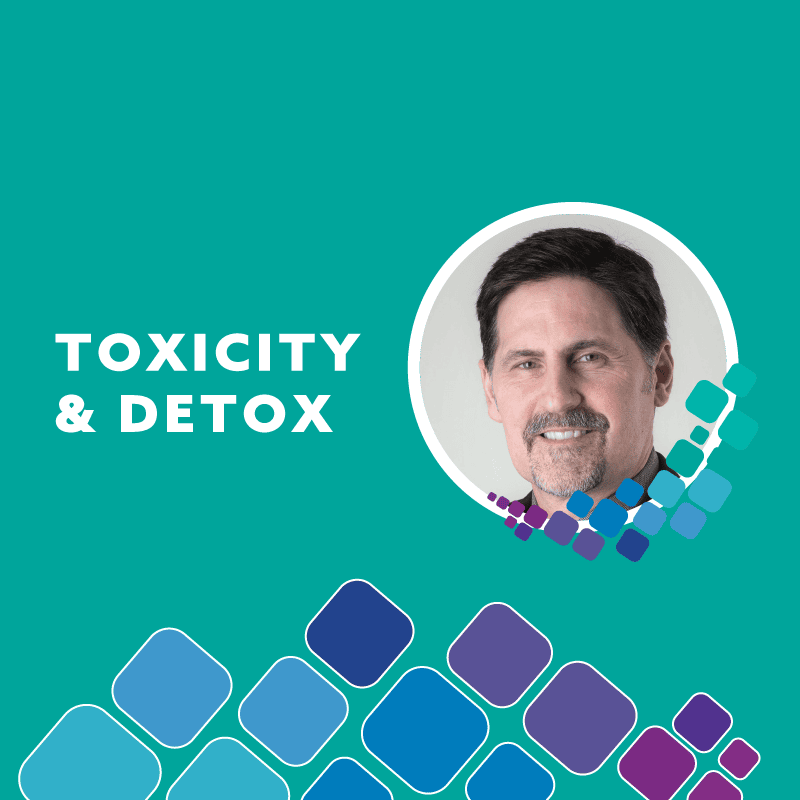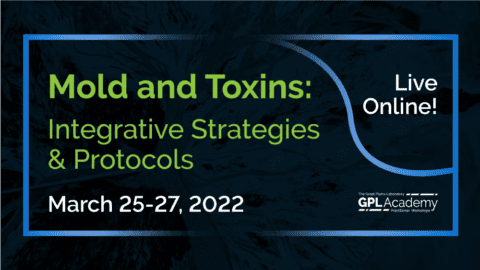
Background
Theo is a 5-year-old male with an Autism-Spectrum diagnosis who presented with attention deficit problems, obsessive thoughts, oppositional defiant behavior, picky eating, lack of speech, self-stimulation, low motivation in social activities, and non-responsiveness to his name. Parents had tried various biomedical intervention approaches including, dairy-free diet, multivitamins, minerals, folinic acid, probiotics, Sporanox (Itraconazole) and antimicrobial botanicals. Some notable changes were seen with the folinic acid and Sporanox. However, once the Sporanox prescription was completed after 10 days, he regressed.
Patient Opportunity
A Organic Acid Test (OAT) showed high levels of Candida yeast and Clostridia bacteria, elevated oxalic acid, mitochondrial dysfunction, and a CoQ10 deficiency, elevated HPHPA, and Aspergillus mold colonization.
Approach
The primary goal of this intervention program was to eliminate the elevated HPHPA linked to Clostridia bacteria. The main goal of the initial intervention was to pave the way for more comprehensive antifungal therapy. From my experience, if HPHPA (or other Clostridia markers, e.g., 4-cresol) can be eliminated first, it opens up the possibility for more profound changes with antifungal medication. Interventions included Biocidin-LSF, Oreganol P73, Pure Lean Fiber, L-carnitine, Ubiquinol (CoQ10), chewable calcium and magnesium. The parents continued other products the child was already taking such as Saccharomyces boulardii, B-complex, and vitamin D. A repeat Microbial OAT done approximately 8 weeks after being on the antimicrobial supplements (Biocidin-LSF and Oreganol) revealed normalization of HPHPA. Results also shows a reduction in Aspergillus and arabinose. With these HPHPA results, the implementation of antifungal medication using Sporanox (Itraconazole) was introduced with an initial dose of 100mg daily with the potential to go higher such as 200-300mg. The prescribed duration of use was 90 days with the option to extend its use as long as he tolerated the treatment and liver enzymes through blood testing remained normal.
Results
Theo responded very well to the initial HPHPA treatment with less oppositional defiant behavior. Sporanox brought about improved physical energy, eye contact, and social engagement. Overall, this was much less defiant behavior and emotional meltdowns. Hidden mold exposure was discovered and remediated in the child’s home, which explains the continued presence of Aspergillus mold across multiple MosaicDX OAT Test results. Recent correspondence from the child’s family reports continued progress with regards to awareness, speech, eye contact, social engagement, and energy level. Theo still struggles with some anxiety, but overall as stated by parents “he is doing great.”
*The patient name has been changed to protect their privacy.
This material is for educational purposes only and is not a substitute for professional medical advice, diagnosis, or treatment. Use of this information is at the reader’s discretion and risk.
Insights That Lead to Impact
Now, are you ready to share your success? Let your story inspire others and showcase the incredible impact of your expertise.
Experienced practitioners, submit your case study and inspire others.









